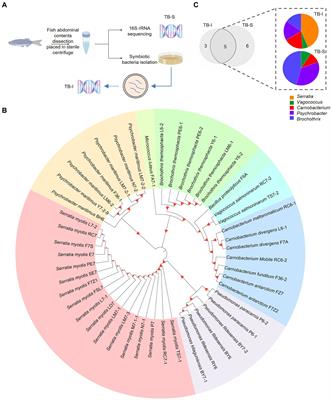EDITORIAL
Published on 24 Jun 2024
Editorial: Microorganisms in polar regions: understanding their survival strategies for a sustainable future
doi 10.3389/fmicb.2024.1442926
- 756 views
8,489
Total downloads
56k
Total views and downloads
EDITORIAL
Published on 24 Jun 2024
ORIGINAL RESEARCH
Published on 01 May 2024
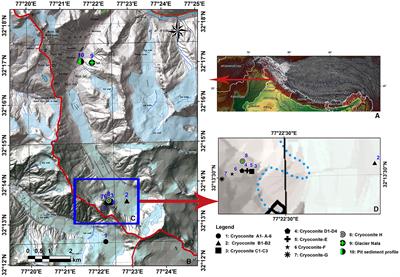
ORIGINAL RESEARCH
Published on 07 Mar 2024
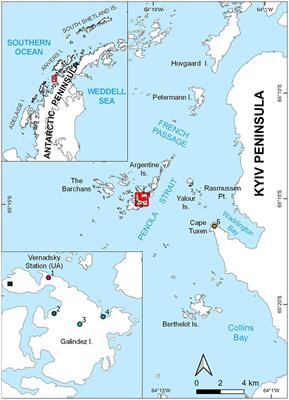
ORIGINAL RESEARCH
Published on 18 Oct 2023

ORIGINAL RESEARCH
Published on 31 Aug 2023

REVIEW
Published on 16 Jun 2023
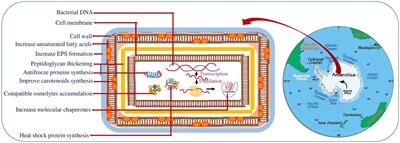
ORIGINAL RESEARCH
Published on 18 May 2023
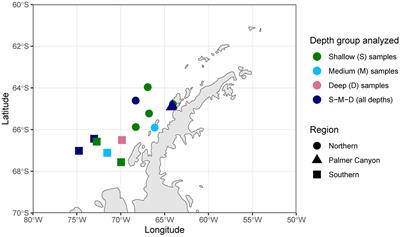
ORIGINAL RESEARCH
Published on 12 May 2023
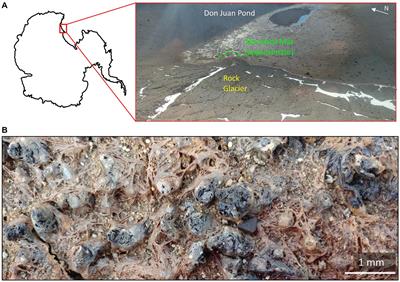
REVIEW
Published on 26 Apr 2023
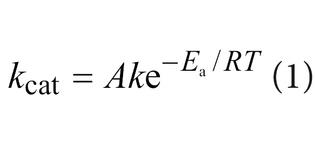
ORIGINAL RESEARCH
Published on 30 Mar 2023
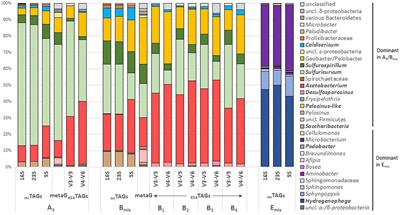
REVIEW
Published on 15 Mar 2023
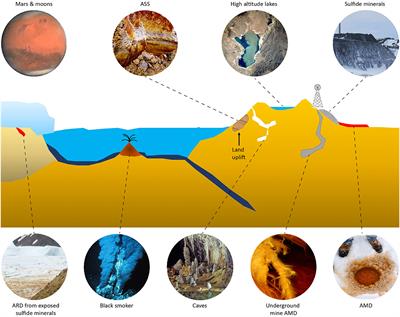
ORIGINAL RESEARCH
Published on 13 Jan 2023
